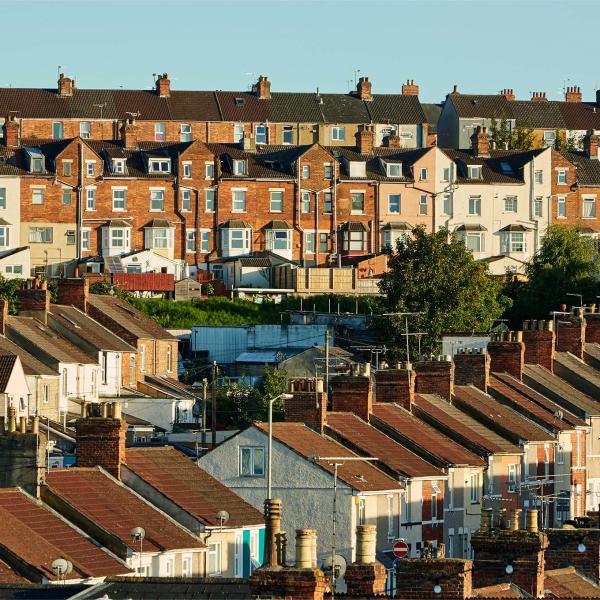EXPLAINER: How has the government tried to reduce geographical inequalities?@ckfarquharson explains the government's 12 missions for levelling up to be achieved by 2030 and how much progress has been made on certain measures so far.
— Institute for Fiscal Studies (@TheIFS) June 29, 2024
Read the report: https://t.co/h9x1o4rIXupic.twitter.com/nXmuxK8ZTd
Authors

Associate Director
Christine's research examines inequalities in children's education and health, especially in the early education and childcare sector.
Explainer details
- Publisher
- Institute for Fiscal Studies
Suggested citation
Farquharson, C. (2024). What is ‘levelling up’ and how much progress has been made? [Explainer] Institute for Fiscal Studies. Available at: https://ifs.org.uk/articles/what-levelling-and-how-much-progress-has-been-made (accessed: 2 July 2024).
More from IFS
Understand this issue

Levelling up: it’s time to step up
30 June 2024

Sure Start achieved its aims, then we threw it away
15 April 2024

How important is the Bank of Mum and Dad?
15 December 2023
Policy analysis

How do the last five years measure up on levelling up?
19 June 2024

Making mortgage guarantees permanent will help some first-time buyers, but only if they can afford a bigger mortgage
6 June 2024

What are the parties’ plans for benefits and taxes?
24 June 2024
Academic research

Income inequality in Ireland, 1987–2019
28 June 2024

Components of the evolution of income inequality in Sweden, 1990–2021
28 June 2024

Labour market inequality and the changing life cycle profile of male and female wages
15 April 2024